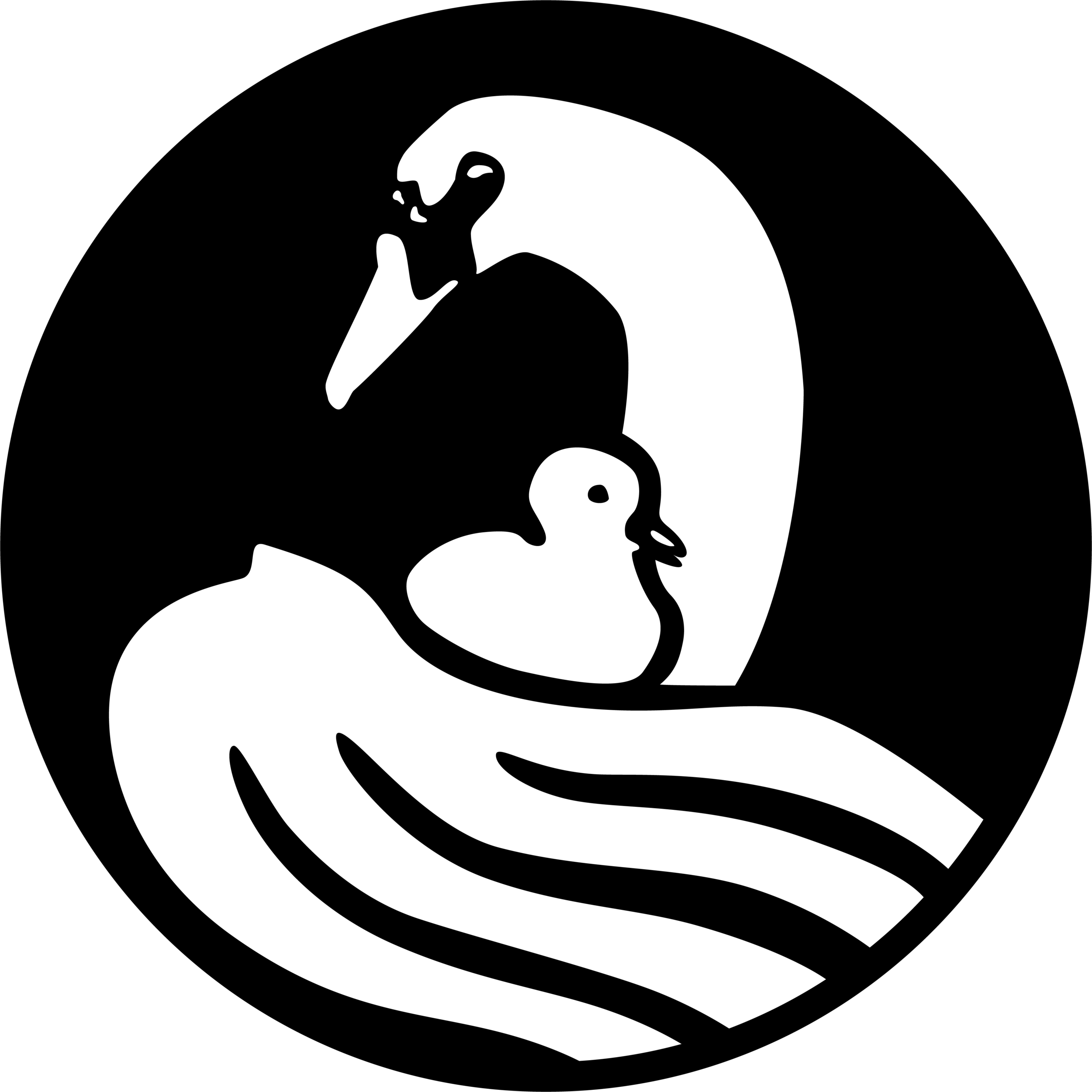“What is Autism, exactly?”
It’s no wonder that people are confused about what being autistic really means! Our culture is full of harmful stereotypes and profit-driven misinformation.
My favorite definition of autism comes from Dr. Nick Walker, an autistic author, educator, aikido teacher, and transpersonal somatic psychologist best known for his seminal book, Neuroqueer Heresies.
With Dr. Walker’s encouragement and collaboration, I wrote this interpretation of his incredible piece, What is Autism? for children. I hope you and your children enjoy it!
What is Autism?
Autism is a way of thinking, sensing, and feeling. Autism is genetic, which means that autistic traits are passed down through families. We don’t fully understand what makes someone autistic, but we know that autistic brains have more synapses. Synapses help our brain send messages to and from the rest of our body. Since autistic people have more synapses, we have sharper senses, and our inner world of thoughts and feelings tends to be more intense. For example, we often experience sounds as louder, smells as smellier, and lights as brighter than non-autistic people. We usually feel emotions very deeply.
When someone is autistic, they are autistic their entire life, even before they are born. Autistic people have unique ways of thinking, moving, interacting with other people, and sensing the environment around us.
Right now, we believe that in a group of 100 people, at least 1 or 2 of them will be autistic. The number of people who are diagnosed as autistic each year has grown, but this isn’t because autism is becoming more common. People are just getting better at recognizing when someone is autistic.
Even though autistic brains have common traits, autistic people are usually very different from each other. Some autistic people have amazing talents. However, since our society was designed around the needs of non-autistic people, autistic people are almost always disabled. This means that autistic people are not given the same advantages in life that non-autistic people are given. Sometimes it is clear that autistic people have huge disadvantages, and other times, our disability is not very obvious to other people.
Autistic people are almost always at a disadvantage when it comes to being social. Our senses are very sensitive, so it takes a lot of attention and energy to cope with our environment. This means we have less energy to focus on making friends. For example, if we are overwhelmed by loud shouting and stinky cafeteria food at lunchtime, it will be harder for us to listen to a classmate’s jokes. When non-autistic people don’t understand this and reject us, it becomes even harder for us to make friends. People sometimes mistakenly think that autism is “not having social skills” because they don’t understand that our senses are just more sensitive than other people’s.
Many people still think of autism as a “disorder,” but this idea is being challenged. The neurodiversity model says that being autistic is part of normal human diversity. Humans have different ways of thinking, sensing, and feeling, just like we have different skin, hair, or eye colors, different body types, and different ways of falling in love. People can call autism a disorder, but that’s just an idea, not a scientific fact.
Danielle Maxonight is a Licensed Clinical Social Worker in the State of North Carolina. She has over a decade of clinical experience working with children and families.
In August of 2015 she created her private practice, Under Wing Therapeutic Services, PLLC, which offers attachment-based therapy for parents, children, and adolescents. Danielle specializes in working with autistic, gifted, twice-exceptional, or otherwise neurodivergent families.
Under Wing Therapy supports families in Asheville, Raleigh, Durham, Cary, Chapel Hill, and all across North and South Carolina.


